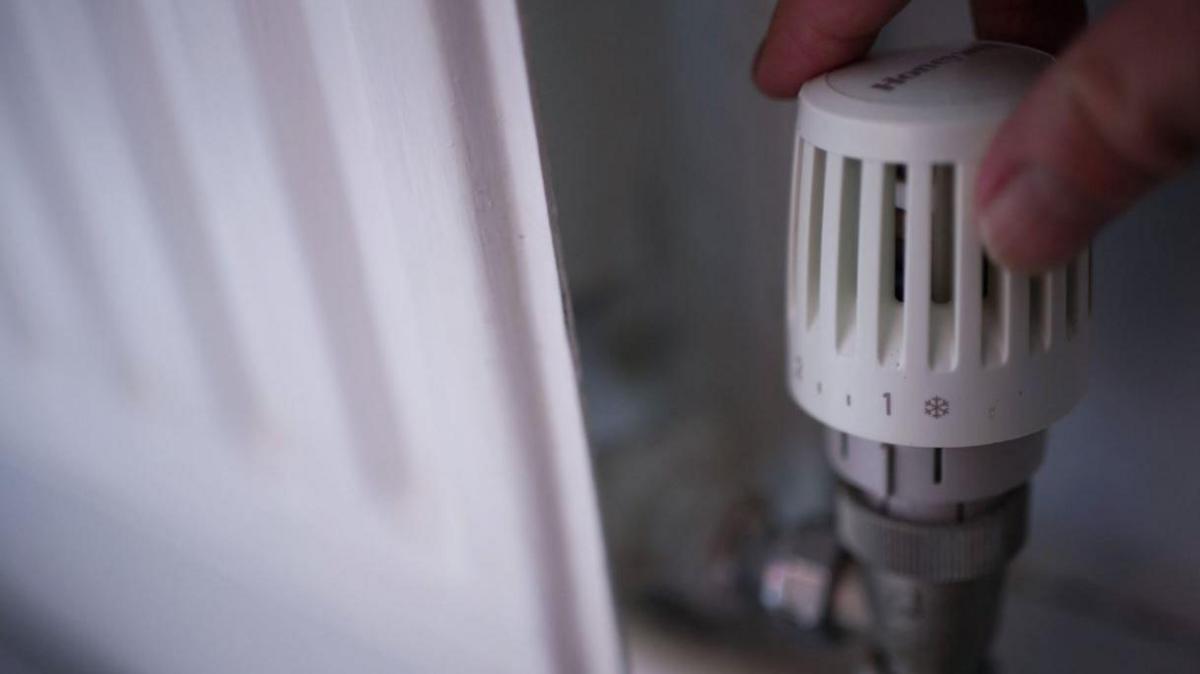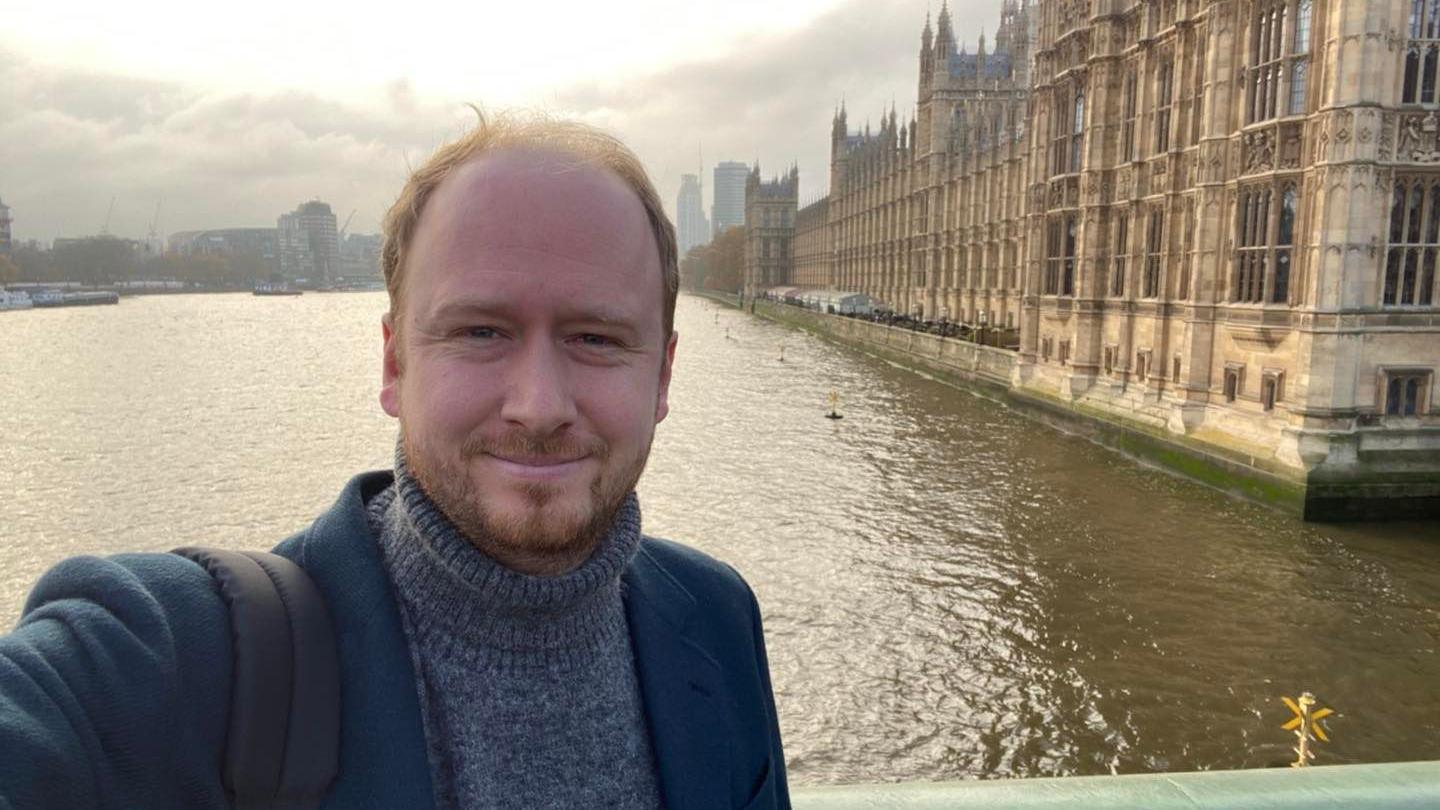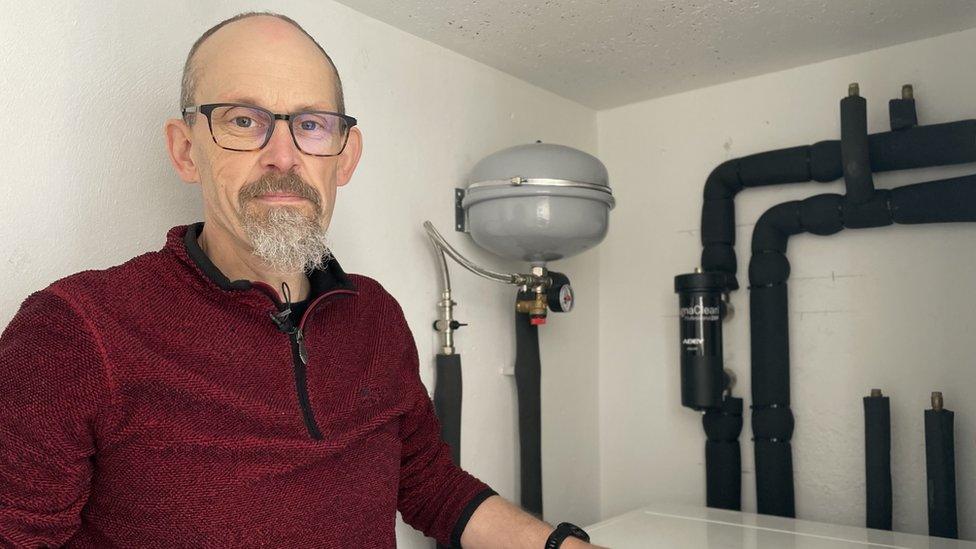Plymouth to pilot district heating scheme

Plymouth's district heating system is due to be split over two phases
- Published
A new low-carbon heating system set to be trialled in Plymouth will have a "big impact" on the city, council leaders say.
Plymouth is one of 17 cities taking part in the government's Heat Network pilot project, looking at introducing district heating.
The city council said the system would deliver £350m of investment in green infrastructure over 20 years and create 400 jobs.
Councillor Tom Briars-Delve, cabinet member for the environment and climate change, added that the system would be a momentous milestone for the city.

Council environment leader Tom Briars-Delve said the system would help towards the city's net-zero targets
District heating supplies waste heat from a central source to buildings through insulated pipes.
It has been claimed the system would provide the cheapest low-carbon energy source by distributing naturally occurring waste heat as a by-product of certain processes, reports the Local Democracy Reporting Service.
The council said Plymouth's district heating system would be split over two phases, with the first of these set to attract funding worth £60m.
The first zone is set to cover the city's southern and western areas, tapping into two major sources of waste heat - the South West Water Central Plant at Cattedown and the Devonport Energy from Waste facility.
Waste heat from the second phase would come from the NHS medical waste incinerator, the council added.
The project is set to rolled out from 2026 to 2050 and would help towards annual carbon savings of 31,000 tonnes of CO2 once fully implemented, the council said.
Net-zero aims
The council said it would work with a private sector development partner as it did not have the expertise to do it alone and it involved no capital investment.
It had been claimed district heating could reduce fuel bills by up to 30% and Mr Briars-Delve said it would play a big part in trying to make the city net-zero.
He said: "It would make a big impact. Heating accounts for 28% of our total city emissions."
Follow BBC Devon on X (formerly Twitter), external, Facebook, external and Instagram, external. Send your story ideas to spotlight@bbc.co.uk, external.
- Published12 March 2024

- Published23 January 2024
